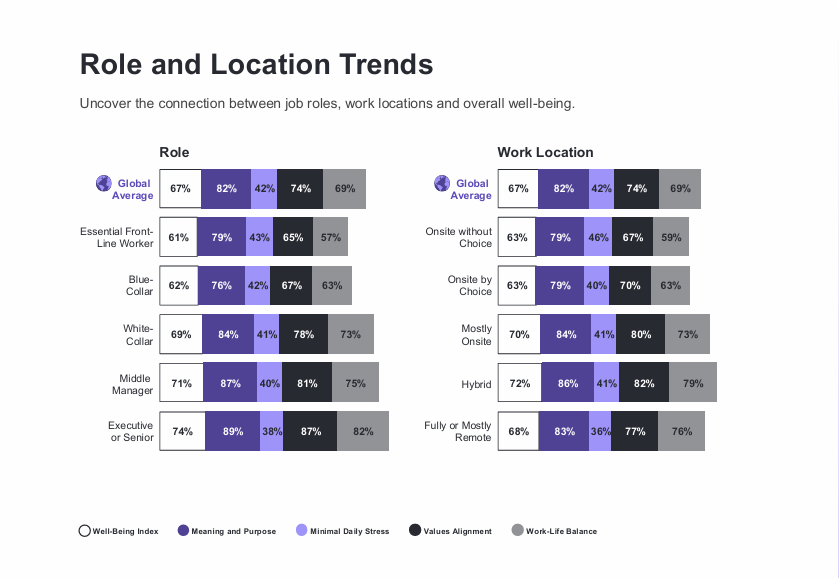Climate change is no longer a distant concern. In developing economies, it is already influencing how people live, work, and adapt. In Vietnam, where agriculture, manufacturing, and construction play a vital role, rising temperatures, resource scarcity, and extreme weather are disrupting traditional employment models.
At the same time, the growth of green industriesis opening new career paths that require different skills and new ways of working. To manage this shift, it is essential to understand how climate change is affecting labor demand and supply, and how government and workforce partners like Manpower are supporting the transformation.
Labor Demand Is Shifting in Response to Climate Change
Traditional Sectors Face Increasing Challenges
Industries that are highly exposed to environmental risks, such as agriculture, heavy manufacturing, and fossil fuels, are experiencing mounting strain. In Vietnam, flooding and heatwaves have disrupted rice production and related supply chains, reducing labor productivity. Coal-related employment is also declining as Vietnam advances its Power Development Plan VIII, which aims to reduce coal use, diversify energy sources, and expand renewables by 2050.
Public transportation is also shifting toward cleaner energy. Ho Chi Minh City has set targets to electrify all new city buses by 2025 and fully transition urban fleets by 2030, while Hanoi will ban gasoline-powered motorbikes and scooters in the Ring Road 1 area starting July 1, 2026. In parallel, private companies like VinBus and Xanh SM have deployed over 90,000 electric vehicles, cutting nearly 131,000 tons of CO₂ emissions. These efforts are backed by nationwide charging networks, public campaigns, and the Green Future Fund, contributing to Vietnam’s broader net-zero goals.
Demand Is Growing in Green
The definition of “green jobs” is expanding. Traditionally limited to environmental protection or renewable energy, it now comprises a much broader range of work. According to Manpower’s report, green jobs now include any role that contributes to a more sustainable and inclusive economy, whether through ESG reporting, sustainable logistics, digital innovation, or workforce planning.
As industries shift their priorities, demand is increasing for roles in renewable energy, sustainable infrastructure, and environmental risk management. Jobs in solar and wind installation, energy maintenance, environmental compliance, and sustainable logistics are becoming more common.
In fact, more than 300 millionadditional “green-collar” jobs are expected to emerge by 2050.
Export-oriented sectors, especially textiles and electronics, are also hiring professionals in ESG reporting and supply chain transparency to meet global sustainability standards.
Workers are under pressure and need support to adapt
Health and Climate Risks are Reducing Work Capacity
Outdoor and industrial workers are increasingly affected by extreme heat. When temperatures exceed 33–34°C, individual productivity in moderately physical jobs can decline by as much as 50%. In sectors like agriculture, construction, and manufacturing, where many workers lack access to cooling, heat exposure significantly reduces safe working hours and overall efficiency.
Globally, informal workers who make up the majority of the world’s workforce often lack well-rounded protections such as health insurance, heat-related safety standards, and structured upskilling programs. ManpowerGroup’s Global Talent Barometer reports that essential front-line and blue-collar workers consistently show the lowest overall Well-being across roles and regions.

In Vietnam, where 65.2% of employed people worked in informal jobs (Q2 2024), the risks are especially acute. Many in services, small-scale construction and manufacturing, and agriculture and fisheries lack formal contracts or access to occupational safety, leaving them more vulnerable to heat stress and job insecurity as climate extremes worsen.
Upskilling Can Turn Risk into Opportunity
Despite these challenges, workers who develop adaptive skills are better positioned for more secure and higher-value roles. Training in sustainable agriculture, energy system maintenance, and climate-resilient factory operations helps workers transition into resilient occupations.
In addition to technical expertise, many workers need better access to soft skills and digital tools, as automation and technology-based systems become more common in green industries.Yet only 1 in 8 workers currently has more than one green skill, highlighting a major skills gap that risks leaving large portions of the workforce behind in the transition.
Policy responses to shape a more resilient labor market
National frameworks connect climate goals with employment
Vietnam’s National Climate Change Strategy outlines targets for emissions reduction, adaptation, and workforce development through education and training. The Just Energy Transition Partnership (JETP), backed by international funding, supports the shift from coal to renewable energy with a strong focus on job creation and retraining.
Sector-specific programs are driving practical change
The Ministry of Agriculture’s Sustainable Rice Platform promotes climate-smart farming across one million hectares by 2030. This approach helps reduce methane emissions while maintaining yields and improving farmers’ livelihoods.
A more integrated approach is still needed
Despite strong policy momentum, challenges remain. Labor protection policies are still limited, especially for informal or low-skilled workers. Many climate initiatives focus on infrastructure or emissions without fully addressing the social impact of climate change, such as job displacement or lack of access to training.
A more comprehensive strategy is needed, one that links climate action with labor policies, social protection, and inclusive workforce planning.
Our commitment to supporting workforce transformation
At Manpower Vietnam, we are focused on preparing people and organizations for the changing world of work. Our efforts support employers and professionals navigating this transformation with clarity and confidence.
We contribute globally by:
Identifying talent needs across energy, agriculture, manufacturing, and ESG
Co-developing training programs for roles in sustainable operations and workplace safety
Advising employers on adapting workforce strategies or leveraging transferable skills to climate risks
Supporting returnees with global experience in ESG or sustainability as they lead local change
Our goal is to help organizations build workforce strategies that are both sustainable and human-centered.
Looking ahead
The intersection of climate and labor will define the future of work in many developing economies. While the risks are significant, the opportunity to create a greener, more inclusive labor market is within reach.
To explore more insights on workforce transformation and sustainable hiring, take a look at our ESG strategies.

